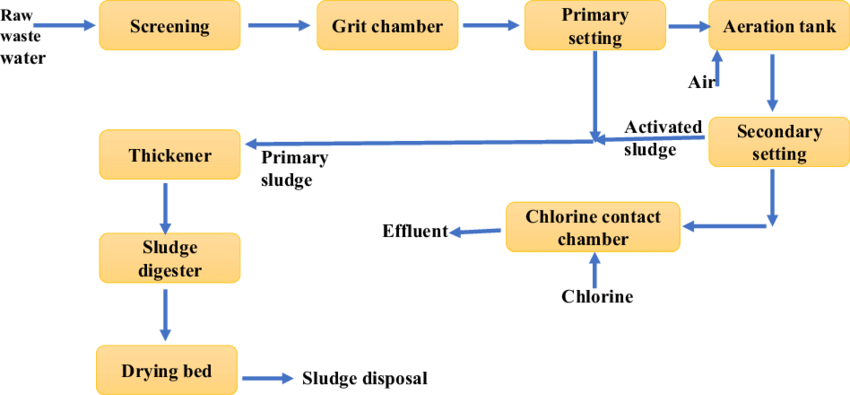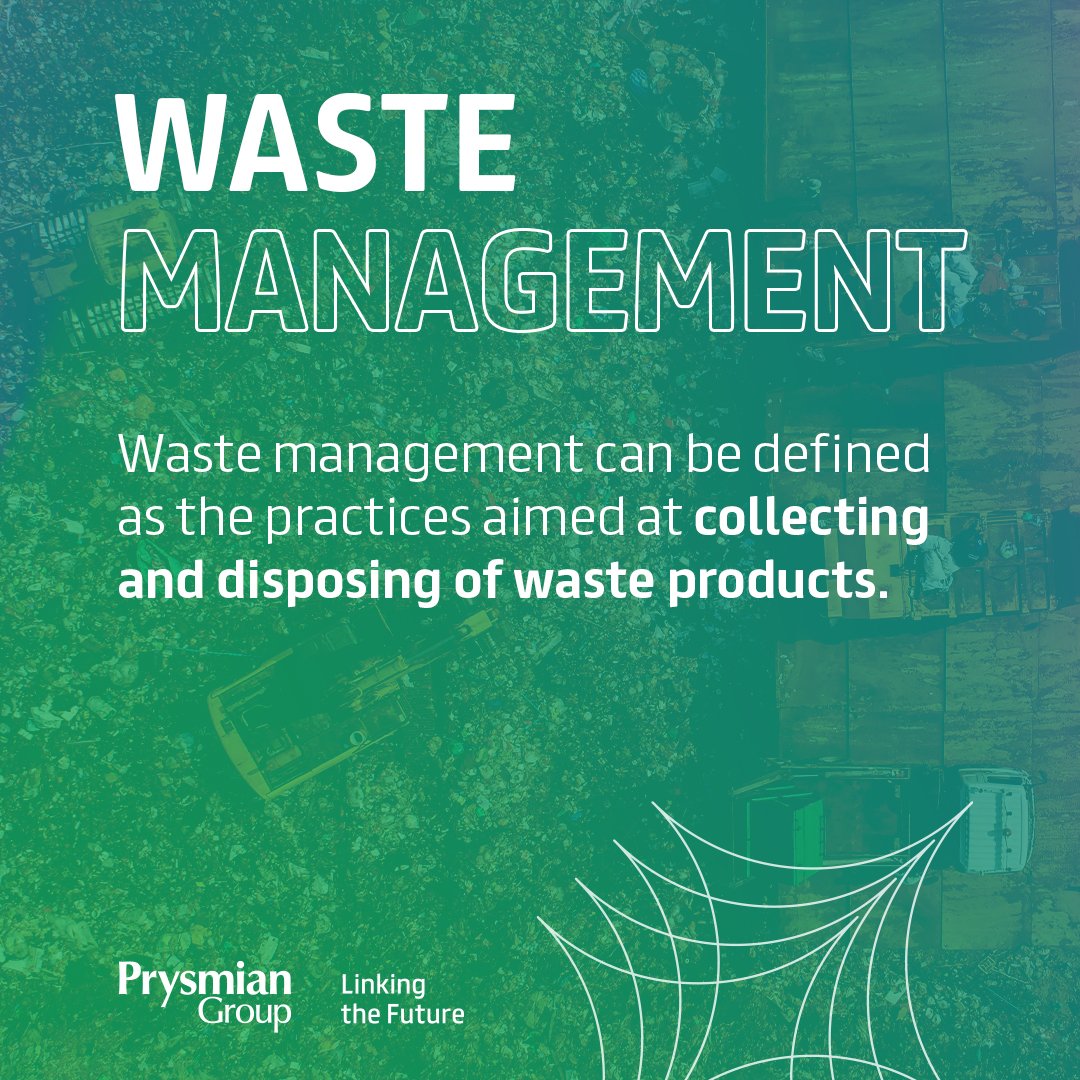Some Known Details About Reclaim Waste
Some Known Details About Reclaim Waste
Blog Article
Little Known Questions About Reclaim Waste.
Table of ContentsGetting The Reclaim Waste To WorkThe Ultimate Guide To Reclaim WasteReclaim Waste for DummiesReclaim Waste - The FactsAll About Reclaim Waste
Check out the types, incidents, and forms of liquid waste. Domestic sewage waste refers to the waste and items from a household sewage-disposal tank. This sort of waste is produced by humans in homes, colleges, and other structures. This only includes septic containers that have a drainpipe area. The proper management and disposal of residential sewage waste call for liquid waste to be transferred to a sewer treatment plant where the correct approaches and devices are related to purify and take care of waste.
Business waste frequently includes prospective hazards, such as flammable materials or a combination of liquid and strong waste items, and needs a much more innovative and thorough disposal process. The disposal of commercial waste normally involves the filtration of waste prior to transport to ensure safe and appropriate disposal. Hazardous waste is created from by-products and runoff of commercial procedures and manufacturing.
This kind of waste can not utilize the exact same sewage monitoring transportation or processes as septic or commercial liquids. The commercial waste management procedure requires the evaluation and testing of liquid waste before it goes through the disposal process (liquid waste removal). Drainage waste is the fluid waste that originates from runoff and excess stormwater in highly booming areas or cities
Overflow waste can cause contamination and flooding if not managed properly. Find out more regarding drain cleaning and waste management. Ensuring proper waste monitoring can protect against disasters and lower ecological harm. Both people in property setups and specialists in industrial or production sectors can gain from comprehending the processes and guidelines of liquid waste management.
The Greatest Guide To Reclaim Waste
Contact PROS Solutions today to learn more about our waste administration and disposal solutions and the proper methods to care for the fluid waste you create.
(https://reclaimwaste1.wordpress.com/2024/11/12/efficient-liquid-waste-disposal-in-melbourne-reclaim-wastes-expert-solutions/)Do you recognize what takes place to your water when you draw the plug, purge the commode or drain the cleaning equipment? No? Well, it's worth knowing. This supposed 'wastewater' is not only an important source however, after treatment, will certainly be released to our land, rivers or the sea. Utilized water from toilets, showers, bathrooms, kitchen area sinks, laundries and commercial processes is recognized as wastewater.

water utilized to cool equipment or clean plant and tools). Stormwater, a type of wastewater, is overflow that flows from farming and city locations such as roofing systems, parks, yards, roads, courses and seamless gutters into stormwater drains, after rainfall. Stormwater flows without treatment directly to regional creeks or rivers, at some point getting to the sea.
Not known Details About Reclaim Waste
In Queensland, many wastewater is dealt with at sewer treatment plants. Wastewater is moved from residential or industrial sites via a system of sewers and pump stations, understood as sewage reticulation, to a sewer therapy plant. imp source City governments construct, keep and run most sewer therapy plants. Operators are licensed under the Environmental Protection Act 1994 to discharge treated wastewater at an appropriate ecological requirement right into waterways.
The Division of Natural Resources encourages city governments about managing, operating and maintaining sewage systems and therapy plants. In unsewered locations, city governments may require householders to mount private or house sewer treatment systems to treat domestic wastewater from toilets, kitchens, bathrooms and laundries. The Division of Natural Resources authorizes the usage of household systems when they are proven to be reliable.
In some brand-new class, treatment of some stormwater to eliminate trash, sand and gravel has actually started utilizing gross toxin catches. Wastewater treatment takes place in four phases: Eliminates strong matter.
Wastewater then streams right into big tanks where solids clear up and are removed as sludge. Oil and scum are skimmed from the surface. Makes use of tiny living microorganisms referred to as micro-organisms to damage down and remove staying liquified wastes and fine bits. Micro-organisms and wastes are incorporated in the sludge. Gets rid of nitrogen and phosphorus nutrients that could cause algal flowers in our waterways and endanger marine life.
The Main Principles Of Reclaim Waste
Nutrient removal is not available in any way sewer therapy plants because it requires expensive specialised equipment. It is ending up being much more typical in Queensland. Clear liquid effluent created after treatment may still consist of disease-causing micro-organisms. If this effluent is released into waterways such as rivers or the sea, the micro-organisms will ultimately die out.

A lot of wastewater flows into the sewerage system. Under the Act, regional federal governments provide authorizations and licences for ecologically appropriate tasks (Periods) including wastewater releases that may have a local influence.
Not known Factual Statements About Reclaim Waste
Or else, samples are taken for laboratory evaluation. Frequently several examinations are needed to develop the degrees of each of the various toxins such as oils, heavy metals and chemicals in water. Monitoring provides factual info regarding water high quality and can verify that permit problems are being met. The details acquired with tracking offers the basis for making water high quality decisions.
Report this page